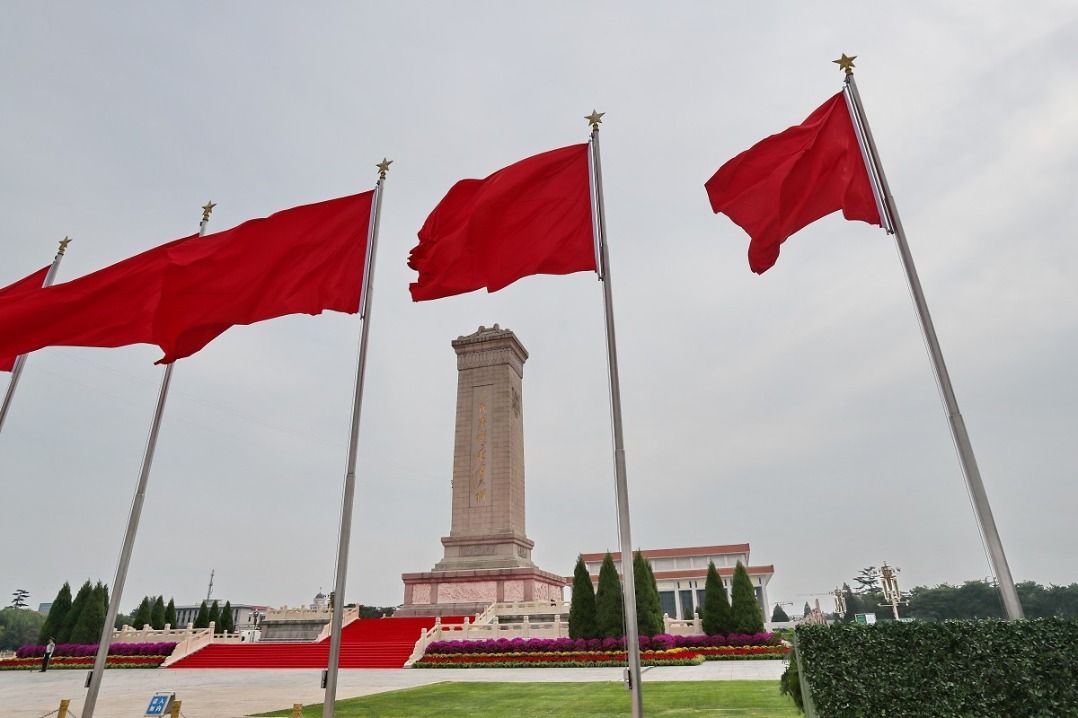Spirit of the Silk Road lives on in Xi'an


A decade of success reflects the city's renaissance as countries and cultures are linked through efficiency and cooperation. China Daily reports.
In 2006, when Anita Jumekenova arrived in Xi'an, capital of Shaanxi province, as an 18-year-old from Kazakhstan to study Mandarin, she never imagined that her fate would become so intricately linked with the 3,000-year-old city.
In Xi'an, she not only met her future husband, but also founded a successful company, the Silk Road City, with him. Now, the cross-border e-commerce enterprise is thriving in Xi'an, which Jumekenova considers her second home. "My career is here, my home is here, and my son even has household registration here," she said.
Last year, her company exported Chinese-made goods worth 100 million yuan ($14 million), mainly to Kazakhstan, while it imported 31 million yuan worth of agricultural products from Kazakhstan, Russia and elsewhere.
Jumekenova's journey into cross-border e-commerce began in 2007, when she started helping people in her home city of Karaganda in Kazakhstan purchase daily necessities from China.
"I mailed the goods directly to Karaganda. The packages took at least a month to get there," she recalled. "A dress bought in summer would arrive in autumn."
In 2015, the slow delivery process prompted a change in strategy, when she began using the Chang'an China-Europe freight train service, which links Xi'an with destinations in Central Asia and Europe.
Compared with direct mailing, the freight train service is not only more cost-effective but also much faster. Leveraging this service and maintaining six warehouses overseas, Jumekenova's company can now deliver goods across Central Asia and Russia three to 10 days after an online order is placed.























